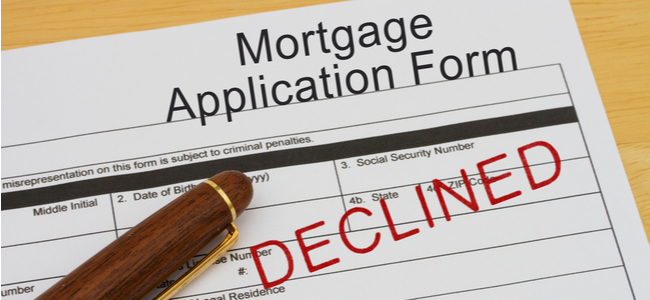What is a Secured Credit Card?
If you’ve never used a secured credit card before, here’s what you need to know.
A secured credit card gets its name from the fact that you “secure” it by paying a cash deposit before you can use it.
The card limit is usually the same as the deposit, which protects the card issuer in case the cardholder skips a payment.
- Secured credit cards come with various limits, but in general you can expect to pay a minimum deposit of $200 as security.
- You’ll still need to settle any charges due on the card before the payment due date each month.
- As you make your payments on time and maintain a low or zero balance, your credit score will gradually improve.
- Should you fail to make a payment, the deposit you paid will be used to cover the overdue amount. This protects the card issuer from financial losses.
- It’s important not to make late payments on your secured credit card as these may be recorded on your credit history.
Is a Secured Credit Card the Same as a Prepaid Debit Card?
Secured credit cards require a cash deposit before they can be used and from that perspective might sound very similar to prepaid debit cards.
Still, there are some key differences between the two types of cards.
- While the amount you deposit on your prepaid debit card is essentially like cash - yours to spend as you like - the deposit on your secured credit card is held by the card company.
- You’ll still need to pay the due amount on your secured credit card each month, unlike a prepaid debit card which you can simply use until the balance is depleted.
- A secured credit card is a credit product and your credit usage and payment history will be reported to the credit bureaus. A prepaid debit card isn’t featured on your credit history.
If you’re looking to improve your credit score, a secured credit card is definitely preferable to a prepaid debit card.
What Are The Benefits of a Secured Credit Card?
Using a credit card responsibly and paying your installments on time is a great way to rebuild your credit score - but there’s a catch.
If your credit score is low, it can be really difficult to get a credit card in the first place.
- For people who have low credit scores, either because of late payments, bankruptcies, or for other reasons, a secured credit card offers an easy solution.
- Secured credit card issuers are more willing to approve applications from customers with low FICO scores.
- By keeping a low balance on your card during the month and repaying it in full by the due date, you’ll be able to lower your credit utilization and build a positive payment history.
- These two factors weigh heavily in the calculation of your credit score - and it should rise steadily as you use your card responsibly.
Many secured credit card issuers also provide unsecured, conventional credit cards.
If you keep a low balance and make your monthly payments reliably, you may be able to upgrade your account from secured to unsecured and become a conventional credit card user.
Tips to Avoid Secured Credit Card Scams
Secured credit cards open a reliable path for low credit score customers to rebuild their credit.
Unfortunately, scammers sometimes prey on customers who have recently come out of bankruptcy.
If you receive a secured credit card offer in the mail, by email, or on social media, you’ll want to make sure that it’s legitimate.
Here are some red flags and tell-tale signs of a scam to look out for.
- Banks and card issuers you’ve never heard of - if you aren’t familiar with a company that sends you an offer, Google them and see what comes up.
- “Low deposit for high limit” offers - companies that offer to give you a $3000 credit limit with a $200 balance should make you suspicious.
- Customer support lines that aren’t answered - you can test out potential credit card scams by calling the number on their flyer or offer letter and seeing if a professional customer service agent answers the call.
- Typos and spelling errors - many scammers don’t take the time to proofread their sales copy properly, and that’s something that no legitimate card issuer would do.
Customers who have been taken in by secured credit card scams have typically paid their deposits only to never hear from the scam card company again.
To avoid financial losses and the risk of your personal information falling into the wrong hands, it’s best to avoid offers from any company that doesn’t seem legitimate.
Key Takeaways
Secured credit cards provide a simple, proven method of improving your credit score.
By maintaining a low or zero balance and making payments on time, you’ll be able to improve your credit score over the coming months and years.
It’s always a good idea to apply for a secured credit card offered by a well-known card company.
That way, you’ll rest assured that you’re not exposing yourself to a credit card scam.





